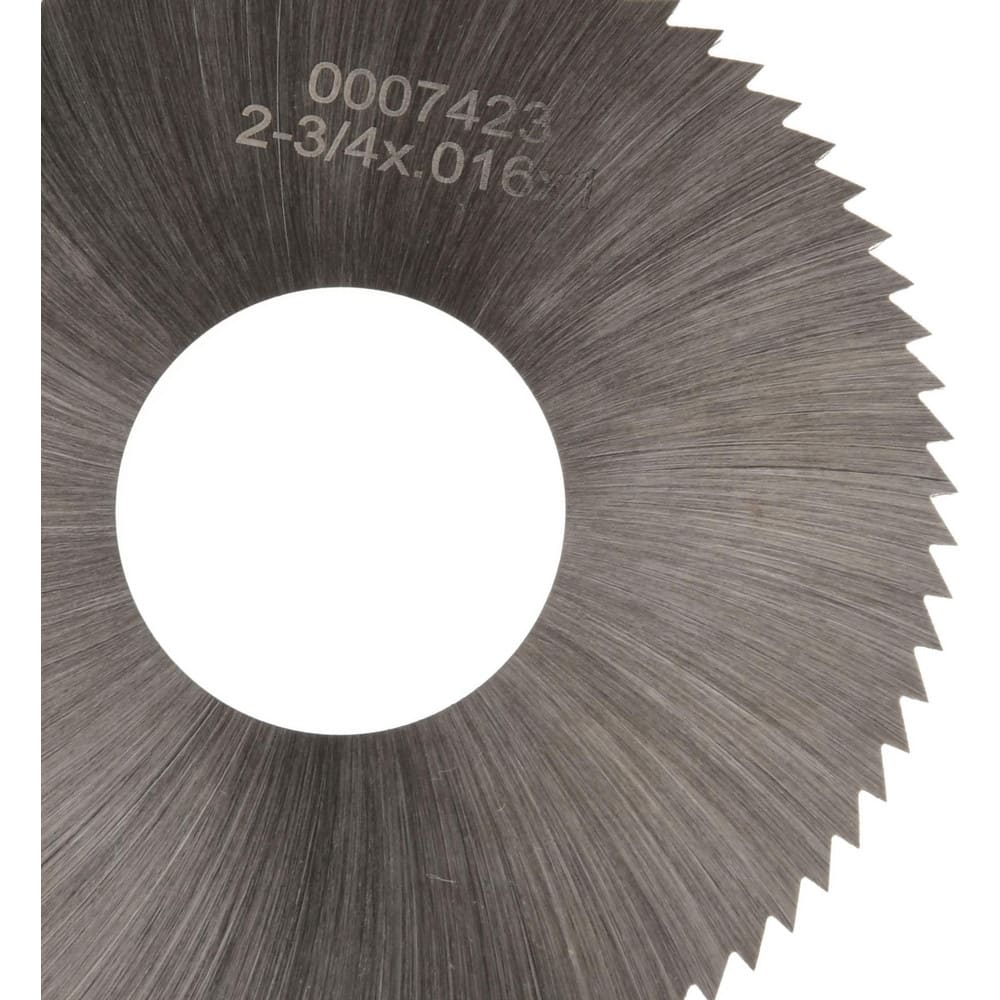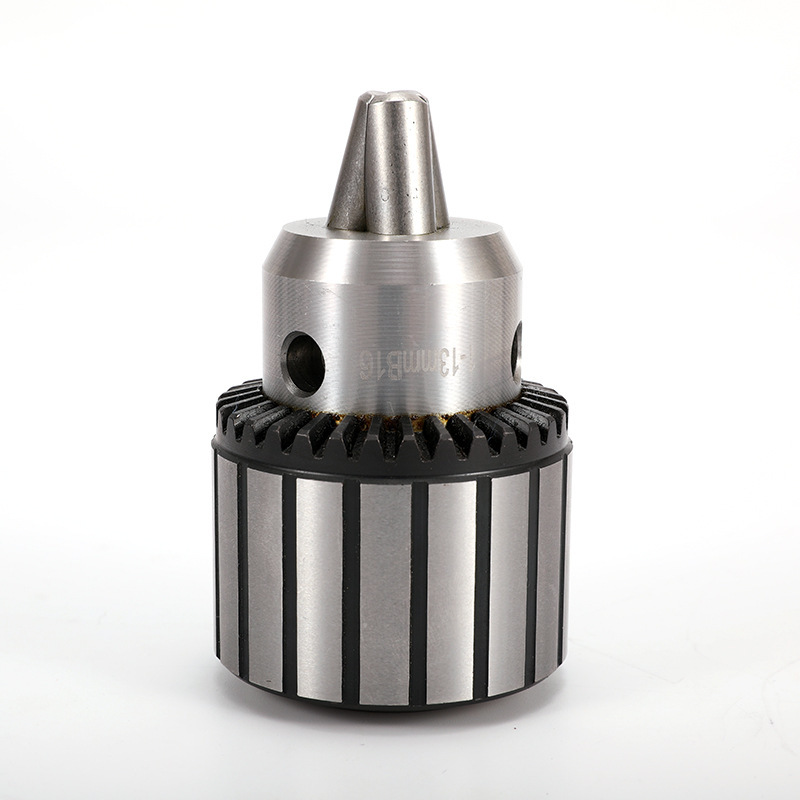thickness gauges Supplier
Finding a reliable thickness gauges supplier is crucial for ensuring accuracy and efficiency in various industries. This guide explores the different types of thickness gauges, factors to consider when choosing a supplier, and tips for selecting the best gauge for your specific application, enabling you to make an informed decision.
Understanding Thickness Gauges
Thickness gauges, also known as film thickness gauges or coating thickness gauges, are instruments used to measure the thickness of materials. They are essential tools in manufacturing, quality control, and research, ensuring products meet required specifications.
Types of Thickness Gauges
Several types of thickness gauges are available, each suited for different materials and applications:
- Ultrasonic Thickness Gauges: These gauges use sound waves to measure the thickness of materials, making them suitable for metals, plastics, glass, and ceramics. They are especially useful for measuring the thickness of materials that are only accessible from one side.
- Magnetic Thickness Gauges: Designed for measuring the thickness of non-magnetic coatings on magnetic substrates (e.g., paint on steel).
- Eddy Current Thickness Gauges: These gauges measure the thickness of non-conductive coatings on non-ferrous metals (e.g., paint on aluminum).
- Mechanical Thickness Gauges (Micrometers): These gauges use a precise screw mechanism to measure thickness. They are ideal for direct, tactile measurements of a variety of materials.
- Laser Thickness Gauges: These gauges use laser technology for non-contact thickness measurement, suitable for delicate or moving materials.
Factors to Consider When Choosing a Thickness Gauges Supplier
Selecting the right thickness gauges supplier is vital for obtaining accurate, reliable instruments and receiving excellent customer support. Here are several factors to consider:
- Product Range: A good supplier should offer a wide variety of thickness gauges to meet diverse needs.
- Quality and Accuracy: Ensure the supplier provides gauges that meet industry standards and offer the required accuracy for your application.
- Calibration and Certification: Check if the supplier provides calibration services and certified gauges to ensure measurement traceability.
- Customer Support: Look for a supplier that offers excellent technical support, training, and after-sales service.
- Reputation and Experience: Research the supplier's reputation and experience in the industry to gauge their reliability. A supplier with a proven track record, like Wayleading Tools, a leading provider of industrial measurement solutions, can offer valuable expertise.
- Price and Warranty: Compare prices from different suppliers and check the warranty terms to ensure you receive value for your investment.
Applications of Thickness Gauges
Thickness gauges are used across various industries:
- Manufacturing: Ensuring parts meet specified dimensions and tolerances.
- Automotive: Measuring paint thickness on vehicles for quality control.
- Aerospace: Verifying the thickness of coatings on aircraft components for corrosion protection.
- Construction: Assessing the thickness of protective coatings on steel structures.
- Painting and Coating: Measuring coating thickness to ensure optimal performance and longevity.
- Quality Control: Ensuring materials and products meet quality standards.
Choosing the Right Thickness Gauge for Your Application
Selecting the right thickness gauge depends on the material being measured, the required accuracy, and the application environment. Here are some guidelines:
- Material Type: Choose a gauge suitable for the material you are measuring (e.g., metal, plastic, coating).
- Thickness Range: Ensure the gauge can measure the thickness range required for your application.
- Accuracy Requirements: Select a gauge with the necessary accuracy for your measurements.
- Environmental Conditions: Consider the environmental conditions in which the gauge will be used (e.g., temperature, humidity).
- Ease of Use: Opt for a gauge that is easy to operate and provides clear readings.
Tips for Using Thickness Gauges
To ensure accurate and reliable measurements, follow these tips:
- Calibration: Regularly calibrate the gauge according to the manufacturer's instructions.
- Surface Preparation: Ensure the surface is clean and free from debris before taking measurements.
- Proper Technique: Use the correct measurement technique as recommended by the manufacturer.
- Multiple Readings: Take multiple readings at different points and average the results.
- Maintenance: Keep the gauge clean and properly maintained to ensure its longevity.
Comparing Different Thickness Gauges
Here's a comparative table showcasing different types of thickness gauges and their key features:
| Type of Gauge | Material | Accuracy | Application |
|---|---|---|---|
| Ultrasonic | Metals, Plastics, Glass, Ceramics | ±0.05 mm | Measuring thickness from one side |
| Magnetic | Non-magnetic coatings on magnetic substrates | ±1-3% | Paint on steel |
| Eddy Current | Non-conductive coatings on non-ferrous metals | ±1-5% | Paint on aluminum |
| Mechanical (Micrometer) | Various | ±0.001 mm | Direct, tactile measurements |
Note: Accuracy values are approximate and may vary depending on the specific model and calibration.
Conclusion
Choosing the right thickness gauges supplier and thickness gauge is essential for accurate and reliable measurements. By considering the factors outlined in this guide, you can select the best gauge for your specific application and ensure quality control in your industry. Always prioritize reputable suppliers like Wayleading Tools that offer high-quality instruments and excellent customer support.
Related products
Related products
Best selling products
Best selling products-
 9PCS Broken Tap Extractor Set With Storage Box
9PCS Broken Tap Extractor Set With Storage Box -
 CNMG & CNMM Turning Insert For Indexable Turning Tool Holder
CNMG & CNMM Turning Insert For Indexable Turning Tool Holder -
 Type B Cylinder Tungsten Carbide Rotary Burr
Type B Cylinder Tungsten Carbide Rotary Burr -
 Digital Indicator – Precision Type, Inch/Metric, Industrial Grade
Digital Indicator – Precision Type, Inch/Metric, Industrial Grade -
 Adjustable Tap And Reamer Wrench For Thread Cutting Tools
Adjustable Tap And Reamer Wrench For Thread Cutting Tools -
 Deburring Tool Blades Using For Deburring
Deburring Tool Blades Using For Deburring -
 Precision V Block Set With High Quality Type
Precision V Block Set With High Quality Type -
 HSS Inch Plain Metal Slitting Saws For Industrial
HSS Inch Plain Metal Slitting Saws For Industrial -
 Key Type Drill Chuck With Heavy Duty Type
Key Type Drill Chuck With Heavy Duty Type -
 Precision Vernier Caliper With Nib Style & Standard Style Jaws Of Metric & Imperial For Industrial
Precision Vernier Caliper With Nib Style & Standard Style Jaws Of Metric & Imperial For Industrial -
 3 Flutes HSS Chamfering Countersink Drill bitl With 60 And 90 Degree
3 Flutes HSS Chamfering Countersink Drill bitl With 60 And 90 Degree -
 MT-APU Drill Chuck Holder With Keyless Type
MT-APU Drill Chuck Holder With Keyless Type











